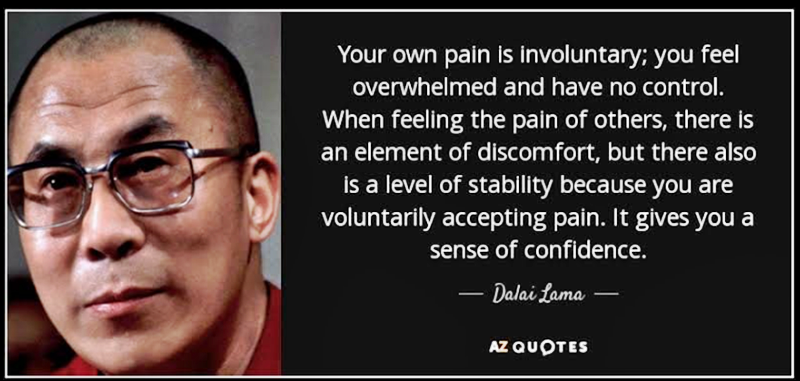ASSAULT CAN NEVER BE ESCAPED.

By ChatGPT - Tome - Human Synthesis - 25 April 2924. Source FB.
This passage from Charles Bukowski's work delves deep into the human condition, exploring the relentless presence of suffering and inner turmoil personified as "Assault." It captures the struggle of coexisting with one's own pain, which seems to have a life of its own, haunting every aspect of existence.
On a philosophical level, it speaks to the universal experience of grappling with suffering and mortality. "Assault" symbolizes the constant internal battle against adversity, whether it be physical, emotional, or existential. The protagonist's futile attempts to escape or negotiate with Assault reflect humanity's perennial struggle to find meaning and solace in the face of life's inherent challenges.
Moreover, the interchangeability between the narrator and Assault blurs the boundaries of identity, suggesting a symbiotic relationship between the self and suffering. This mirrors existentialist notions of the individual's fundamental loneliness and the inherent absurdity of existence. Despite the protagonist's attempts to distance himself from Assault, they remain inexorably linked, underscoring the inescapable nature of suffering.
Ultimately, Bukowski's portrayal prompts reflection on the nature of suffering, the quest for identity, and the human capacity for resilience in the midst of life's trials. It invites us to confront our own inner demons and wrestle with the existential questions that define the human condition.
Furthermore, the protagonist's darkly humorous tone adds another layer to the philosophical exploration. By employing humor as a coping mechanism, he confronts the absurdity and relentlessness of his predicament. This reflects a common human tendency to use laughter as a shield against despair, highlighting the paradoxical nature of suffering as both tragic and absurd.
The reference to love for pain underscores the complexity of human emotions and the paradoxical relationship individuals may have with their suffering. While the protagonist expresses a desire to rid himself of his pain, there's also a peculiar attachment to it, almost as if it defines his existence. This reflects the paradoxical nature of human experience, where pain and pleasure often intertwine in unexpected ways.
In essence, Bukowski's prose invites readers to confront the darker aspects of the human psyche while also acknowledging the resilience and humor that can accompany even the most profound suffering. It serves as a poignant reminder of the universality of human struggle and the quest for meaning in a world fraught with pain and uncertainty.
In conclusion, Bukowski's introspective narrative challenges readers to grapple with the complexities of existence, particularly the relentless presence of suffering and the quest for identity and meaning. Through the personification of pain as "Assault" and the protagonist's humorous yet poignant reflections, Bukowski delves into the depths of the human psyche, shedding light on our innate capacity for resilience and the absurdity of the human condition.
Ultimately, his work serves as a profound meditation on the nature of suffering, the search for self-understanding, and the enduring human spirit that persists in the face of life's most daunting challenges.
